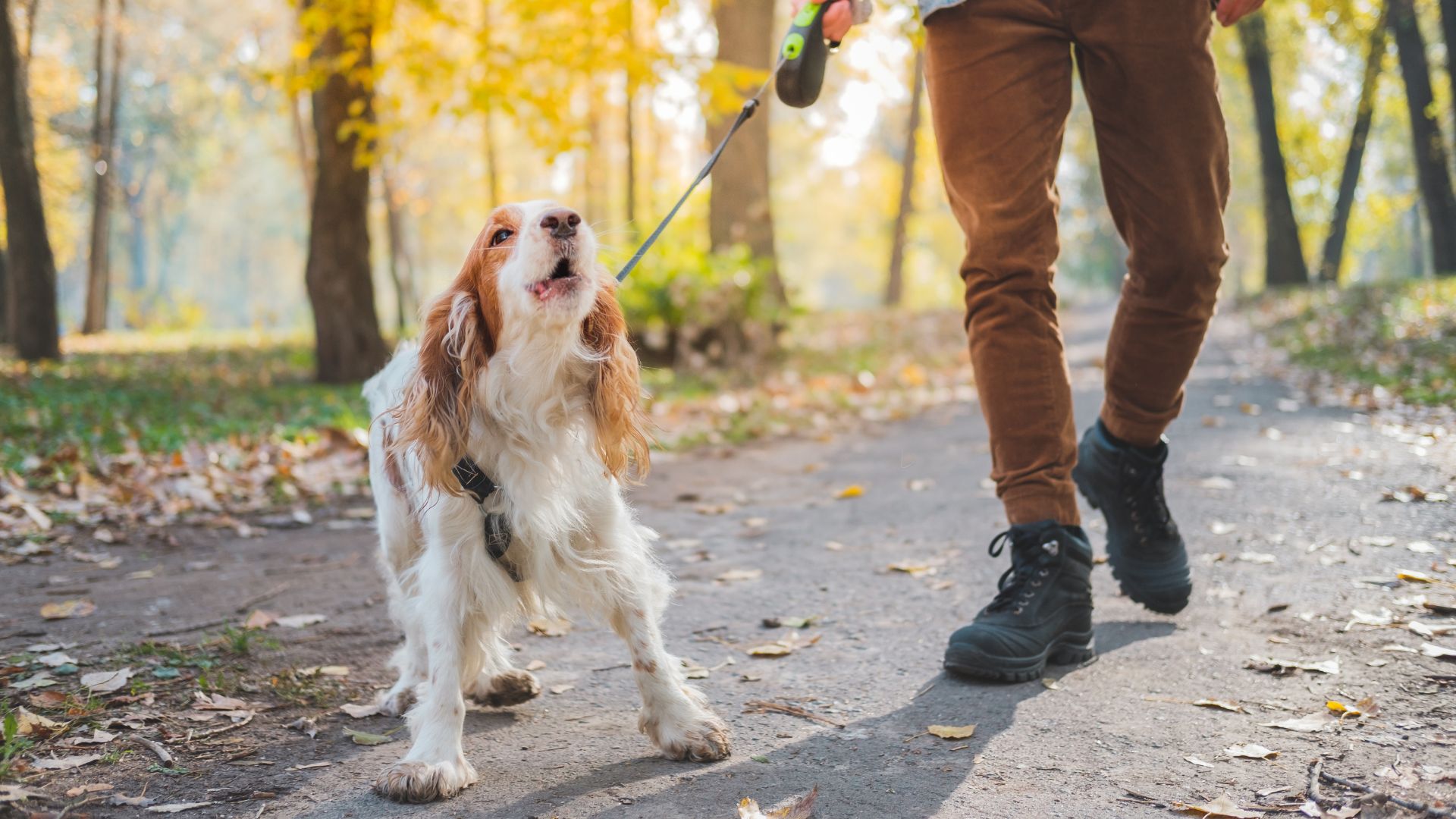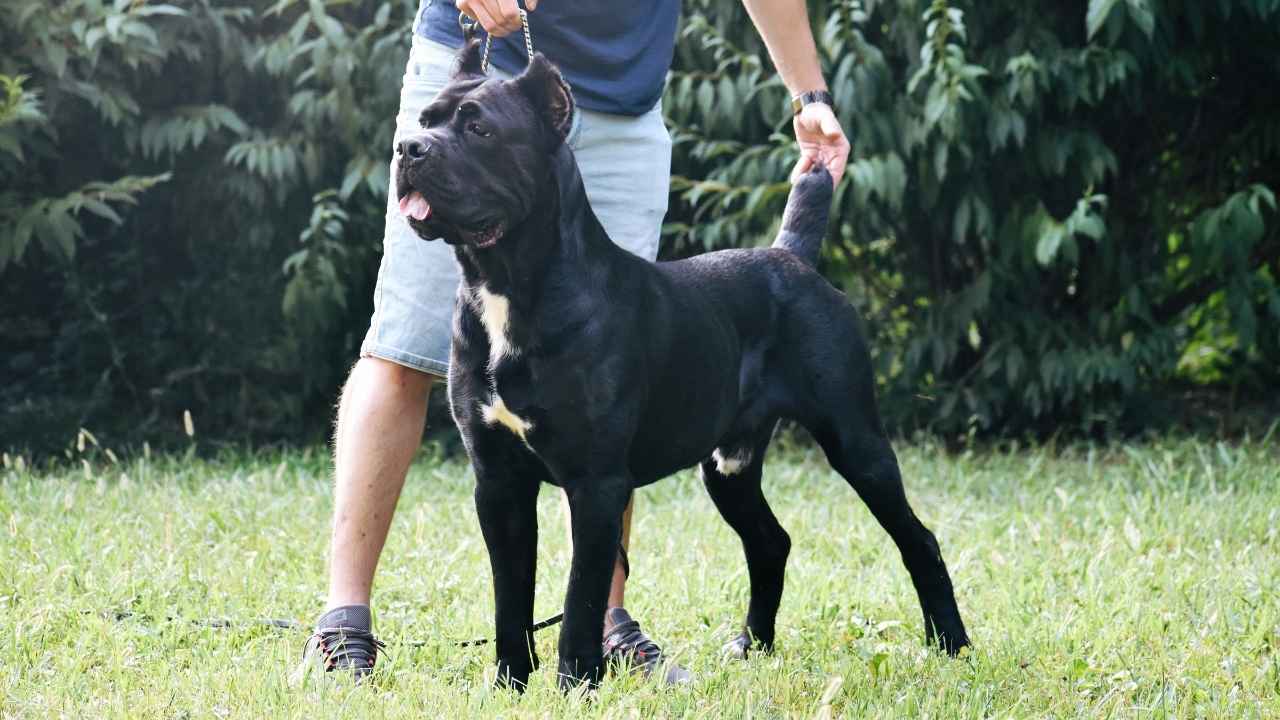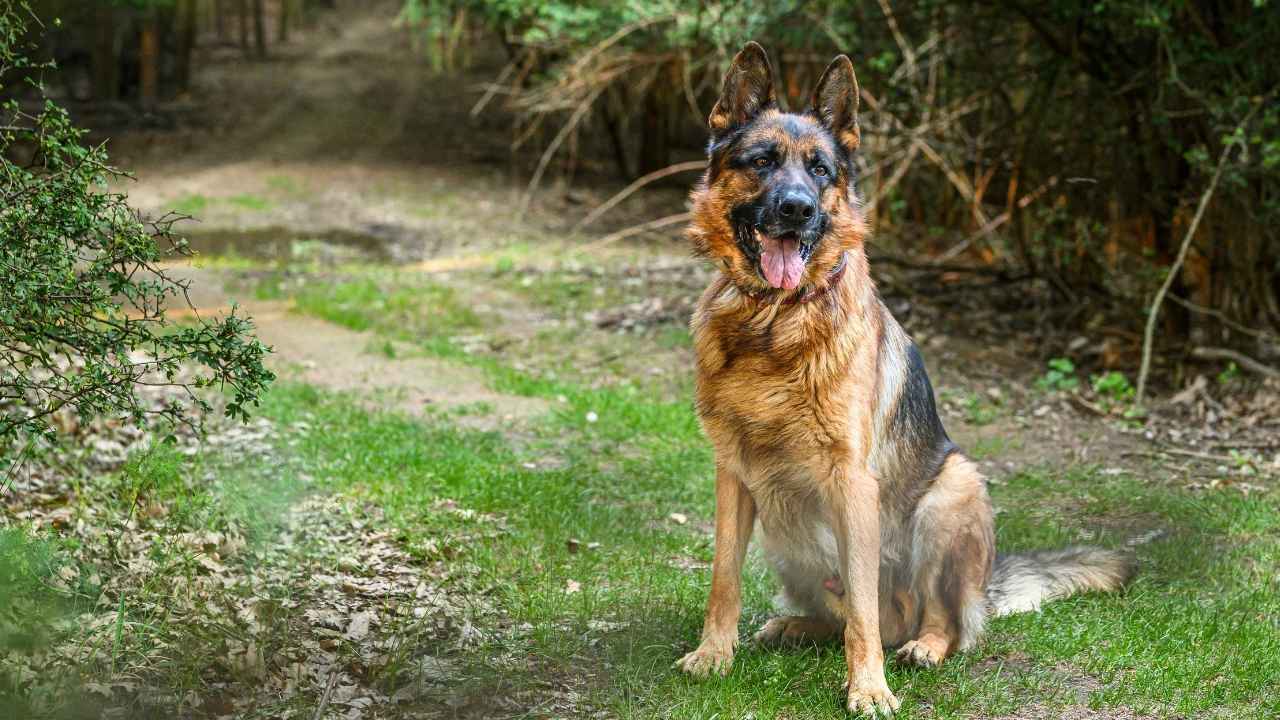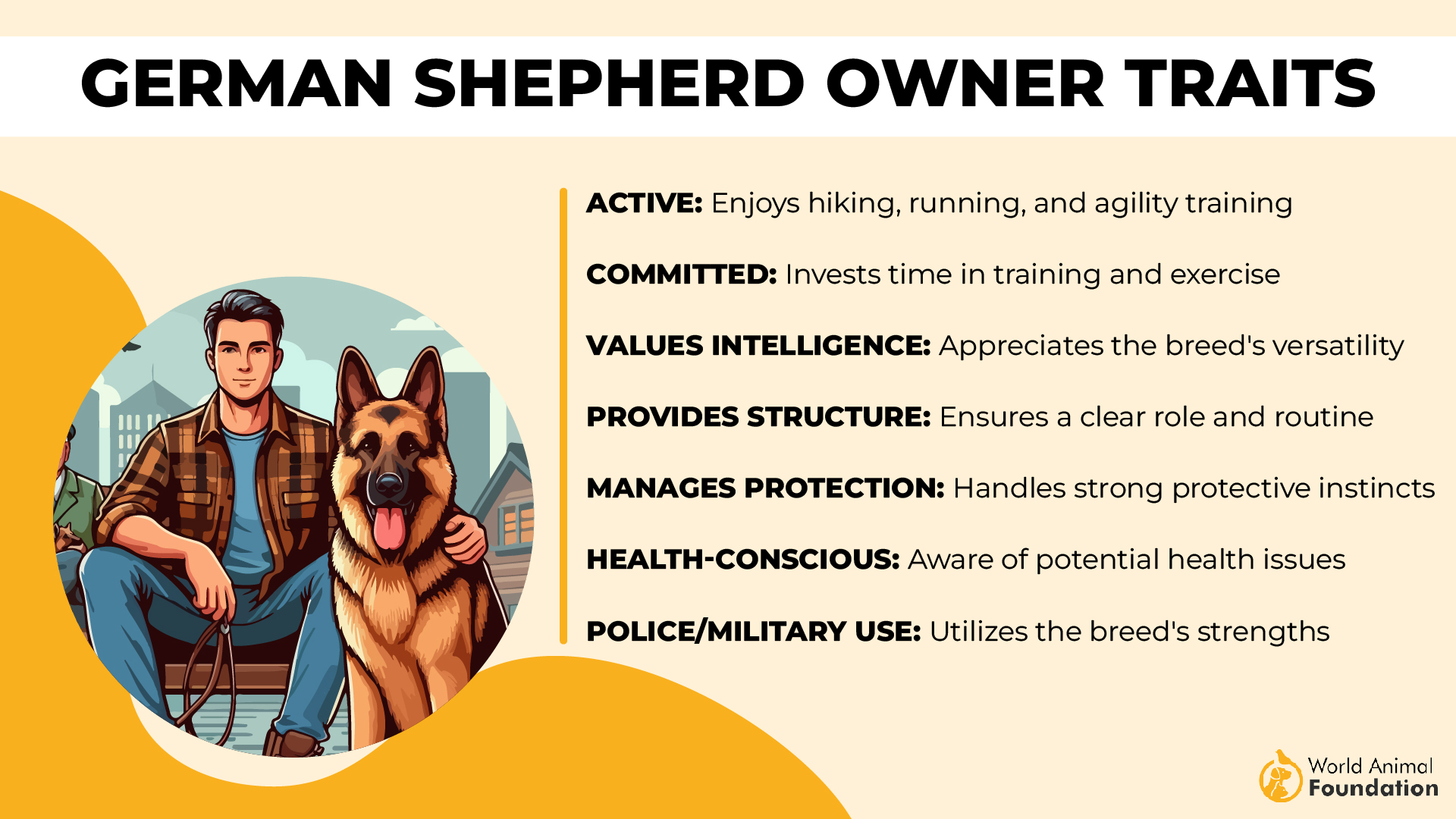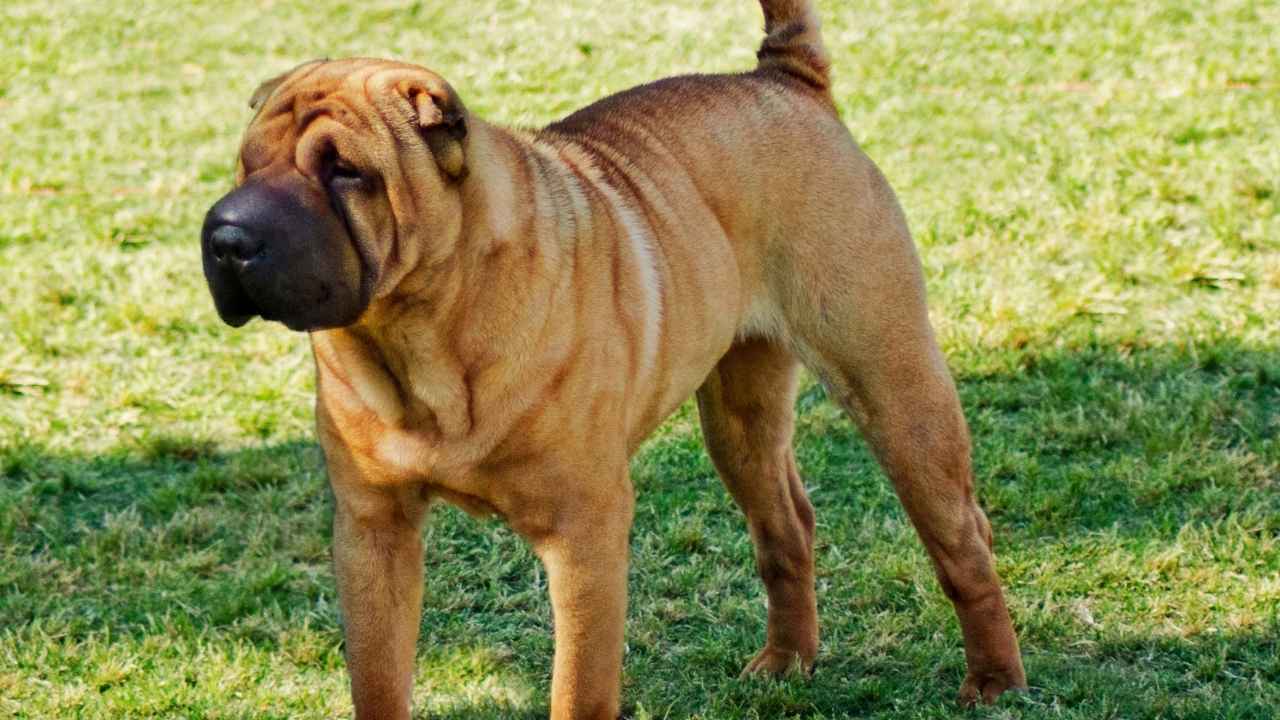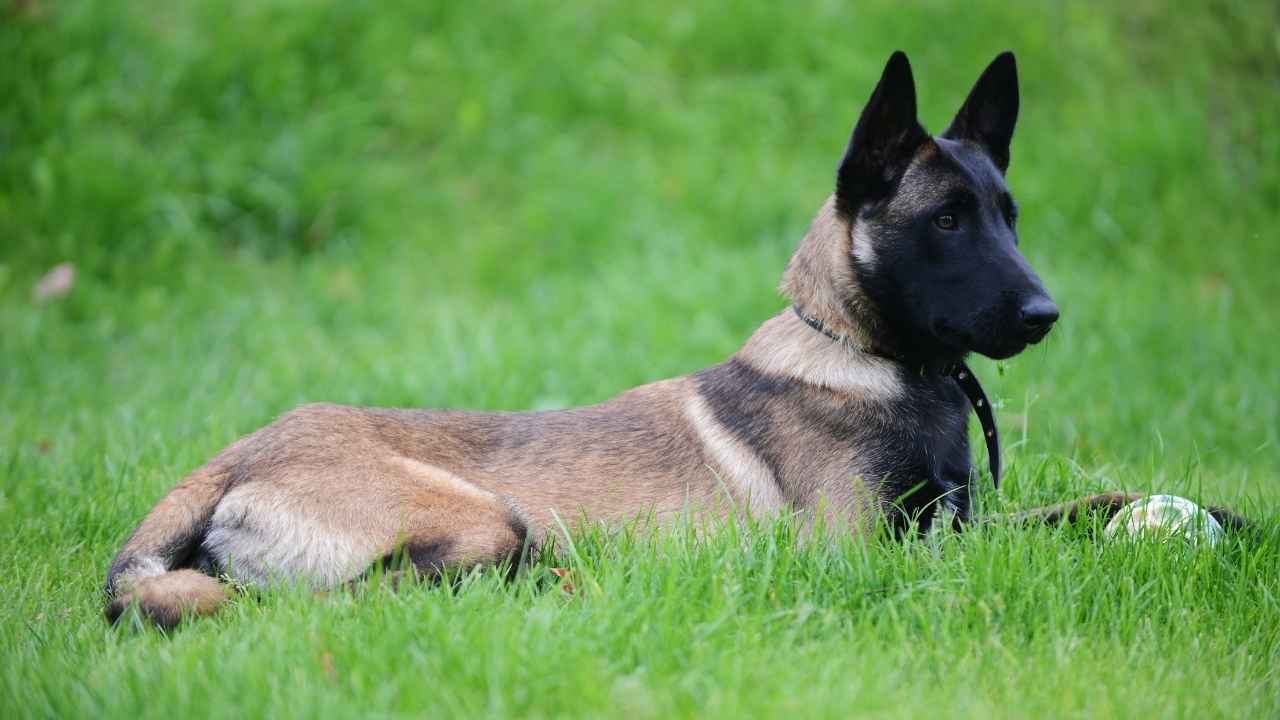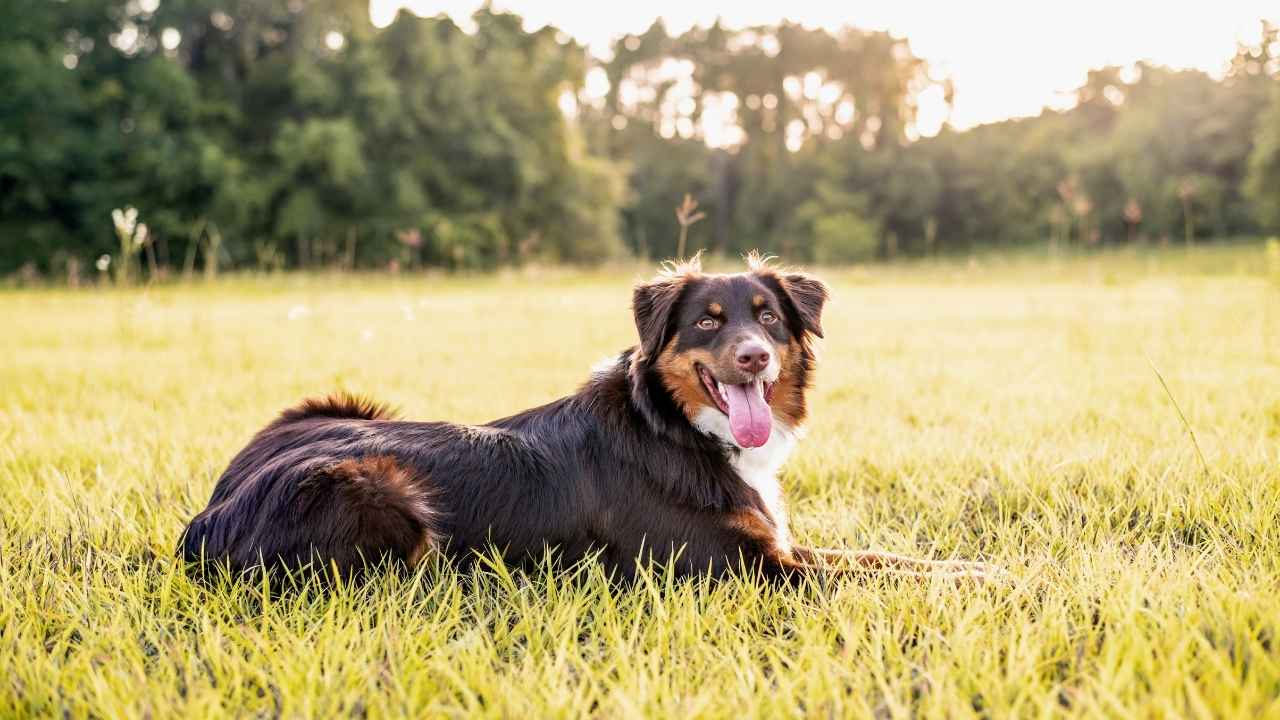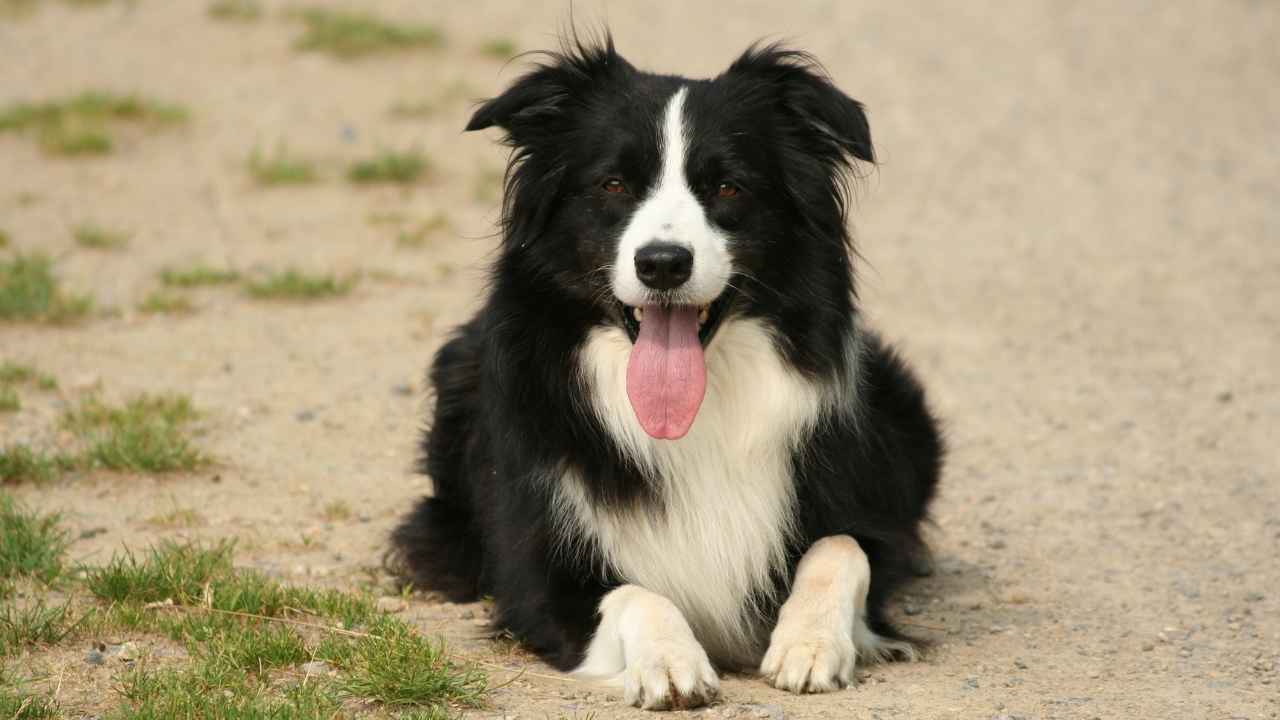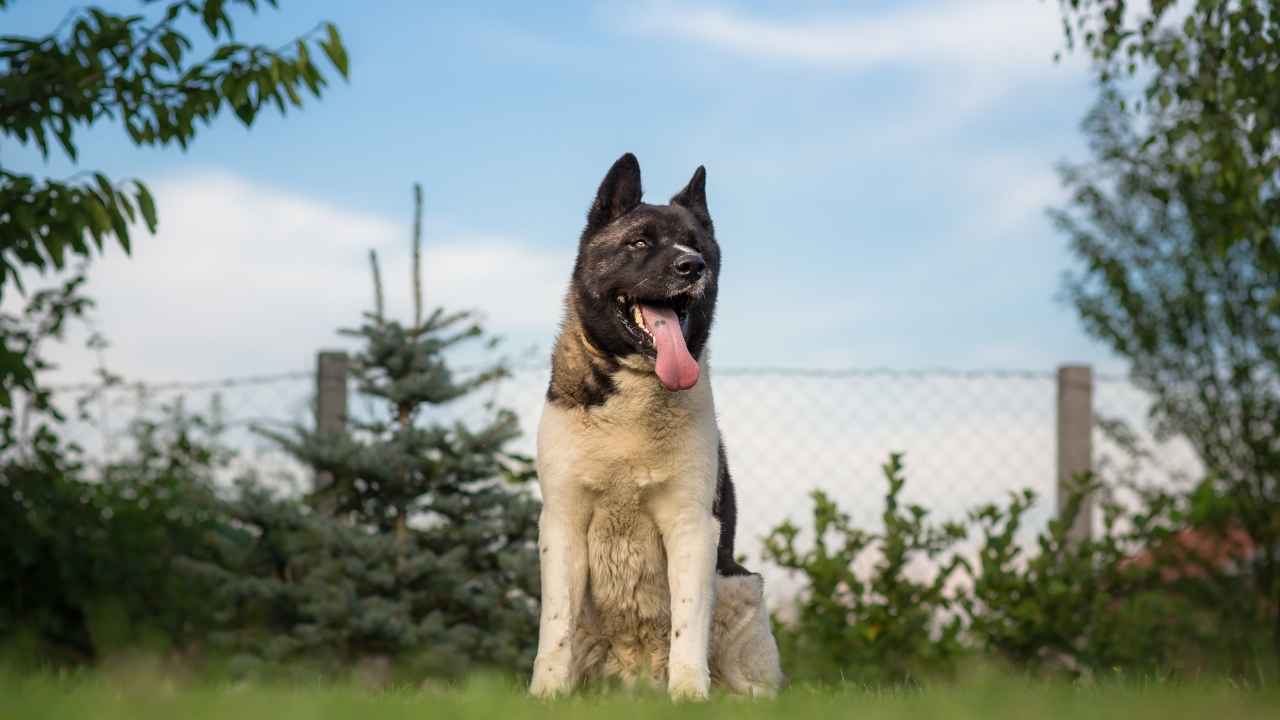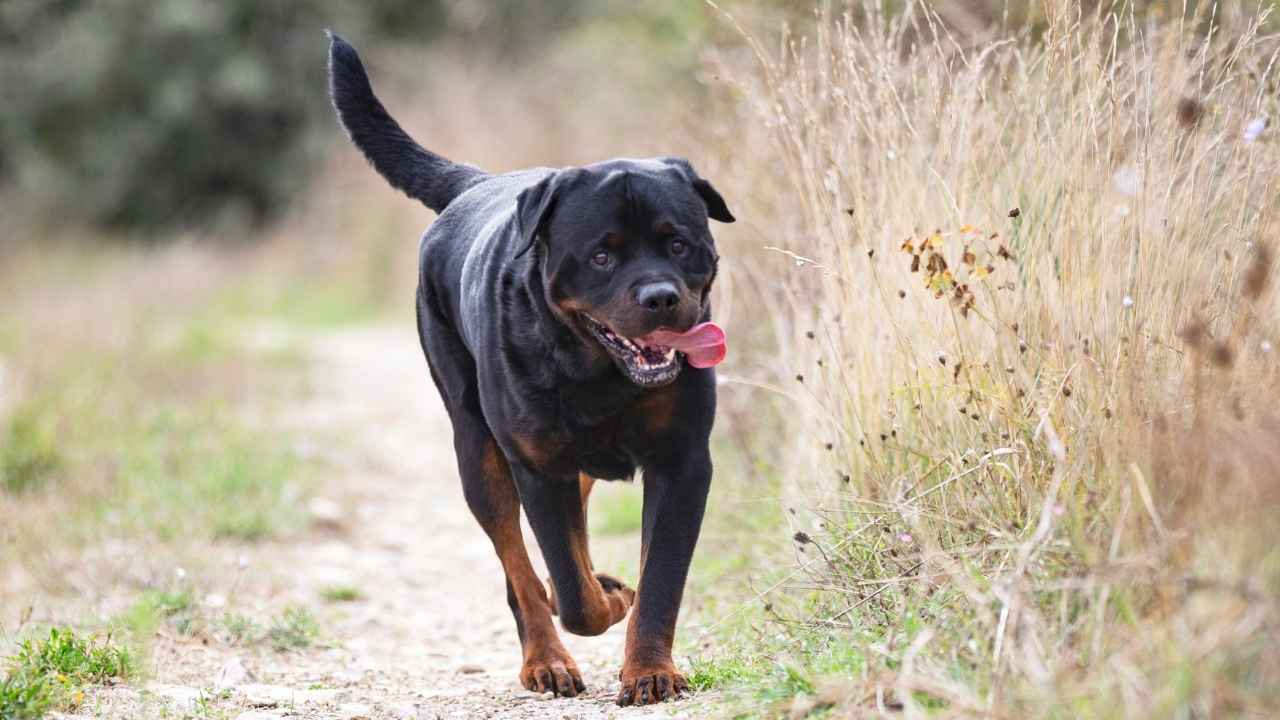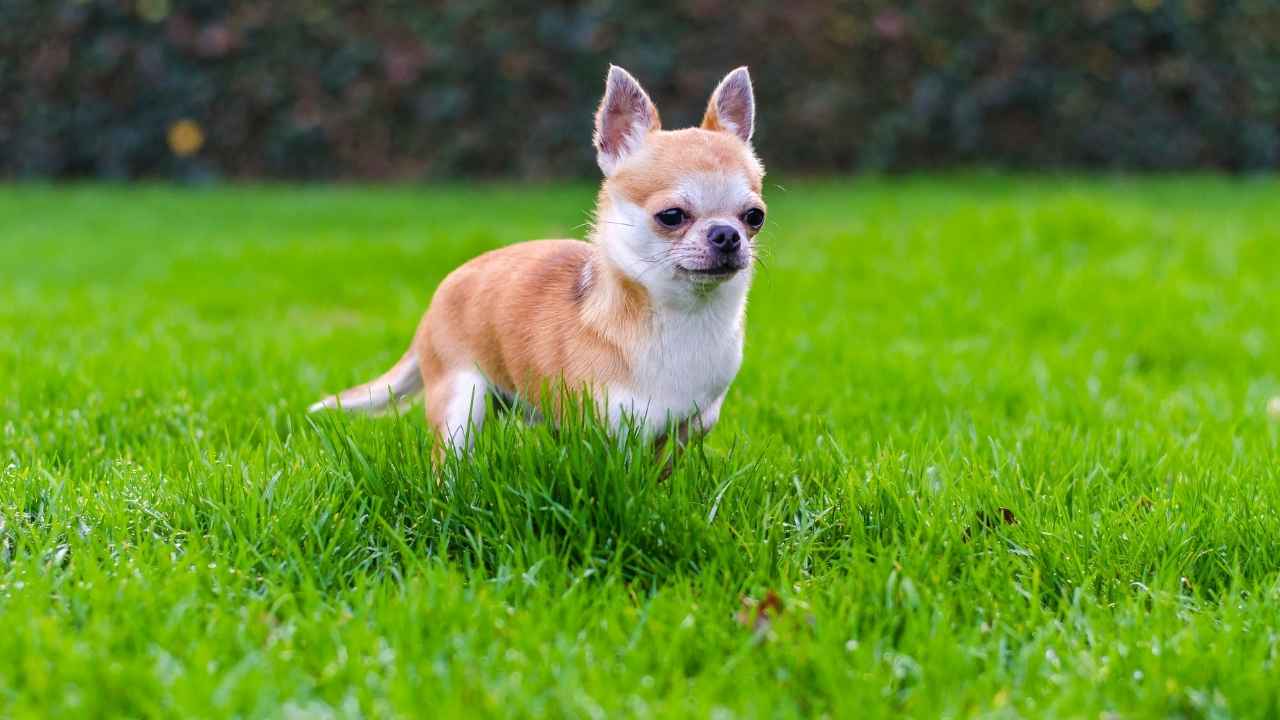Dogs are often celebrated for their loyalty and companionship, yet some breeds exhibit heightened sensitivity. These reactive breeds are attuned to environmental stimuli, making them more prone to stress and anxiety. Understanding these breeds’ unique needs is crucial for fostering a harmonious relationship. Reactivity is not synonymous with aggression; rather, it highlights a breed’s keen awareness and emotional responsiveness. This exploration of nine sensitive breeds aims to equip potential owners with insights into nurturing and supporting their canine companions, ensuring both human and dog thrive in a well-balanced environment.
Have you ever met a dog that suddenly reacts aggressively to unfamiliar situations? One moment, they’re calm; the next, they’re barking fiercely or pulling on their leash. This reactive behavior can be overwhelming for the dog and its owner. Understanding why certain breeds are more prone to such reactions and how to manage them is essential.
Dogs naturally react to their environment, but some breeds have heightened sensitivity to specific triggers. These dogs may react aggressively or defensively, especially when they feel threatened or overstimulated.
Many factors influence a dog’s reactivity, including breed, environment, and training. Even the most capable working dogs may develop reactivity without mental and physical stimulation. But with consistent effort, you can help your dog stay balanced and calm.
Read on to explore the top breeds known for reactive behavior and how you can handle them effectively.
Reactive Dog Breeds
1. Cane Corso
The Cane Corso, originating in Italy, was bred to guard and herd livestock. This large, muscular dog is descended from Roman Mastiffs and was historically used as a protector. They were valued for their strength and loyalty in guarding homes and property.
With a calm demeanor around their family, Cane Corsos are fiercely protective, making them excellent guard dogs. PetMD states that their strong territorial instincts are coupled with a highly intelligent nature.
While typically affectionate, they can be reserved or violent around unfamiliar people and other pets. Their reactivity stems from their innate desire to protect their loved ones and territory. This heightened sensitivity to changes in their environment can lead to aggressive behavior.
2. German Shepherd
German Shepherds, originally bred in Germany, were developed as herding dogs, known for their intelligence and versatility. These dogs excelled in guarding and herding sheep but have become essential working dogs in police and military roles. Their strong work ethic makes them ideal companions for dog owners needing a loyal, protective dog.
AKC mentions that German Shepherds are highly energetic, loyal, and eager to please. They possess a confident and courageous demeanor but can also show sensitivity and reactivity under certain circumstances.
Their reactivity trunks from their intense protective instincts. German Shepherds are especially responsive to drastic or unpleasant changes in their environment, displaying aggression toward perceived threats. They can be leash-reactive, responding violently to strangers, other breeds, or loud noises.
3. Shar Pei
The Shar Pei, a breed from China, was originally bred for hunting and guarding. Known for their distinctive wrinkled skin and blue-black tongues, they were prized as protectors of families and livestock. Their history as guard dogs gives them a natural instinct to protect their territory.
They are generally calm and affectionate with family members and are known for their quiet demeanor. Their confident yet independent nature makes them a good breed for experienced dog owners.
Shar Peis can become territorial and cautious when they sense a potential threat. Their reactive behavior often comes from their deep-rooted instincts to protect their family from perceived dangers. They can also display defensive aggression, particularly when they feel cornered or overwhelmed.
4. Belgian Malinois
The Belgian Malinois, a breed originally bred for herding, is known for its intelligence, agility, and energy. They are commonly used in police, military, and working roles due to their highly responsive nature. This breed excels at learning new tasks and thrives on mental and physical stimulation.
These dogs are alert, confident, and highly driven to work. Their need for consistent physical activity makes them suitable for experienced pet owners who can provide the necessary stimulation.
Belgian Malinois dogs often become reactive when their highly sensitive nature detects potential threats. Their instinctive desire to protect their environment or family can result in defensive aggression. These aggressive dogs are particularly sensitive to stimuli such as sudden movements or loud noises, triggering reactivity.
5. Australian Shepherd
Originally developed in the United States, the Australian Shepherd was bred to work alongside herding dogs and farmers. Their intelligence and agility make them exceptional workers in various environments. Australian Shepherds are known for their strong work ethic and intense focus.
With boundless energy, Australian Shepherds require mental and physical stimulation to stay happy and healthy. Their playful and affectionate nature makes them wonderful companions for active dog owners. However, they can display fierceness when their high energy is left unmanaged.
Their reactivity often comes from their natural herding instincts and heightened sensitivity to environmental changes. When overstimulated or unable to focus on a task, Australian Shepherds may react aggressively. They can also be prone to excessive barking and leash reactivity if not kept engaged.
6. Border Collie
Border Collies, known for their intelligence and work ethic, were originally bred in the UK for herding. This breed is widely regarded as the most intelligent of all dog breeds. As highly energetic dogs, they require constant mental stimulation.
Border Collies excel in obedience and agility, making them ideal companions for dog owners who enjoy an active lifestyle. They form strong bonds with their families.
Their reactivity arises from their high sensitivity and instinct to protect their herd. Border Collies may react aggressively or defensively when they detect a perceived threat. Their keen senses can lead to leash reactivity, particularly when encountering unfamiliar dogs or stimuli.
7. Akita
The Akita, a breed originating in Japan, was initially bred to hunt large game and protect its family. Akitas have a strong, independent nature and are highly valued for their loyalty and courage. They have a powerful presence and are known for their regal demeanor.
According to VCA, Akitas are calm and reserved around their family members but can be wary of strangers. Their natural protectiveness and loyalty to their personnel can make them cautious around unfamiliar people or situations. While not overly aggressive, they can become territorial and assertive.
The Akita’s assertive behavior stems from its deep-rooted natural instincts and defensive aggression. When confronted with unfamiliar dogs or perceived threats, they may show aggressive reactions. Akitas are particularly sensitive to environmental factors and can react strongly to unfamiliar situations.
8. Rottweiler
Rottweilers, originally bred as herding and guarding dogs, are known for their strength and confidence. This breed has been a loyal companion for centuries and has been used in various working roles, such as police and search-and-rescue dogs. Rottweilers are intelligent and protective, making them excellent family companions.
Rottweilers are large, muscular, and courageous, often calm with their family. However, their protective instincts can become destructive if their family is threatened. They are highly territorial, making them excellent watchdogs.
Their heightened sensitivity to their environment can trigger aggressive reactions, especially when they feel their boundaries are being encroached upon.
9. Chihuahua
Chihuahuas, known for their small size and big personality, originated in Mexico and were bred as companion dogs. Despite their tiny stature, they are known for their alertness and tendency to act larger than they are. Chihuahuas are loyal to their owners and make excellent companions for those familiar with their unique nature.
This breed is known for being confident and sometimes feisty. Their bold personalities and attachment to their owners can make them protective, especially around outsiders.
Chihuahuas tend to react strongly to perceived threats due to their protective instincts. Their small size makes them particularly vulnerable to antagonistic reactions, especially when dealing with other dogs. They can also become highly reactive to new folks or other animals.
Managing Your Dog’s Reactivity: Safety Tips
Managing a dog’s reactivity starts with understanding its triggers. Recognizing early signs of reactivity, like raised hackles or excessive barking, is crucial. This awareness helps prevent aggressive behavior and allows first-time dog owners to address it before it escalates.
Proper socialization from a young age is essential for a well-balanced dog. Introduce your dog to different environments, animals, and people to create positive associations. Regular exposure reduces the likelihood of developing reactivity toward certain stimuli in the future.
Consistent dog training is key to managing reactivity effectively. A positive reinforcement training program helps reinforce desirable behaviors and encourages calm responses. Over time, your dog’s ability to focus on your cues improves, reducing aggressive reactions.
Conclusion
Understanding reactive dogs can feel overwhelming, but you’re not alone. These canine companions might struggle with dog reactivity or aggression, but with patience and awareness, both you and your furry friend can navigate these challenges together.
This blog explored some of the most reactive dogs and their behaviors. While British herding dogs and golden retrievers aren’t on the list, their heightened emotional states or specific triggers are worth mentioning. Observing your dog’s body language and ensuring proper training helps significantly reduce their reactivity.
Reactive dogs may need extra care, but their unique personalities make it worthwhile. Embrace consistent training, build trust, and cherish every moment with your loyal companion.
Understanding the unique needs of reactive dog breeds can lead to more fulfilling relationships for both pets and owners. These breeds, known for their heightened sensitivity, require patience, consistent training, and a nurturing environment to thrive. By providing ample socialization, mental stimulation, and positive reinforcement, owners can help manage and reduce reactivity, enabling these dogs to be more balanced and content. Acknowledging the distinct characteristics of these sensitive breeds not only enhances the bond between owner and pet but also ensures their well-being and adaptation to various environments and situations.

